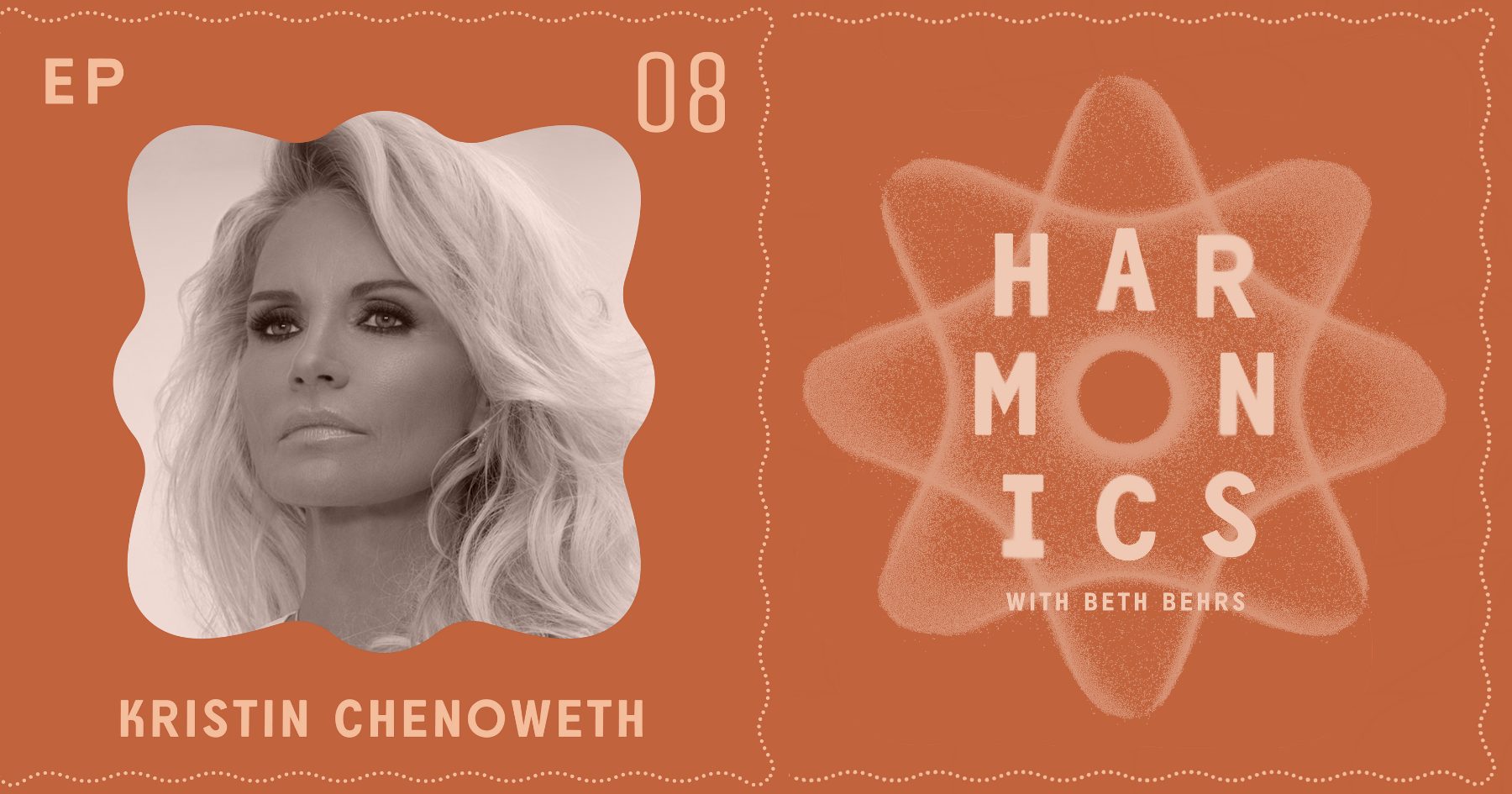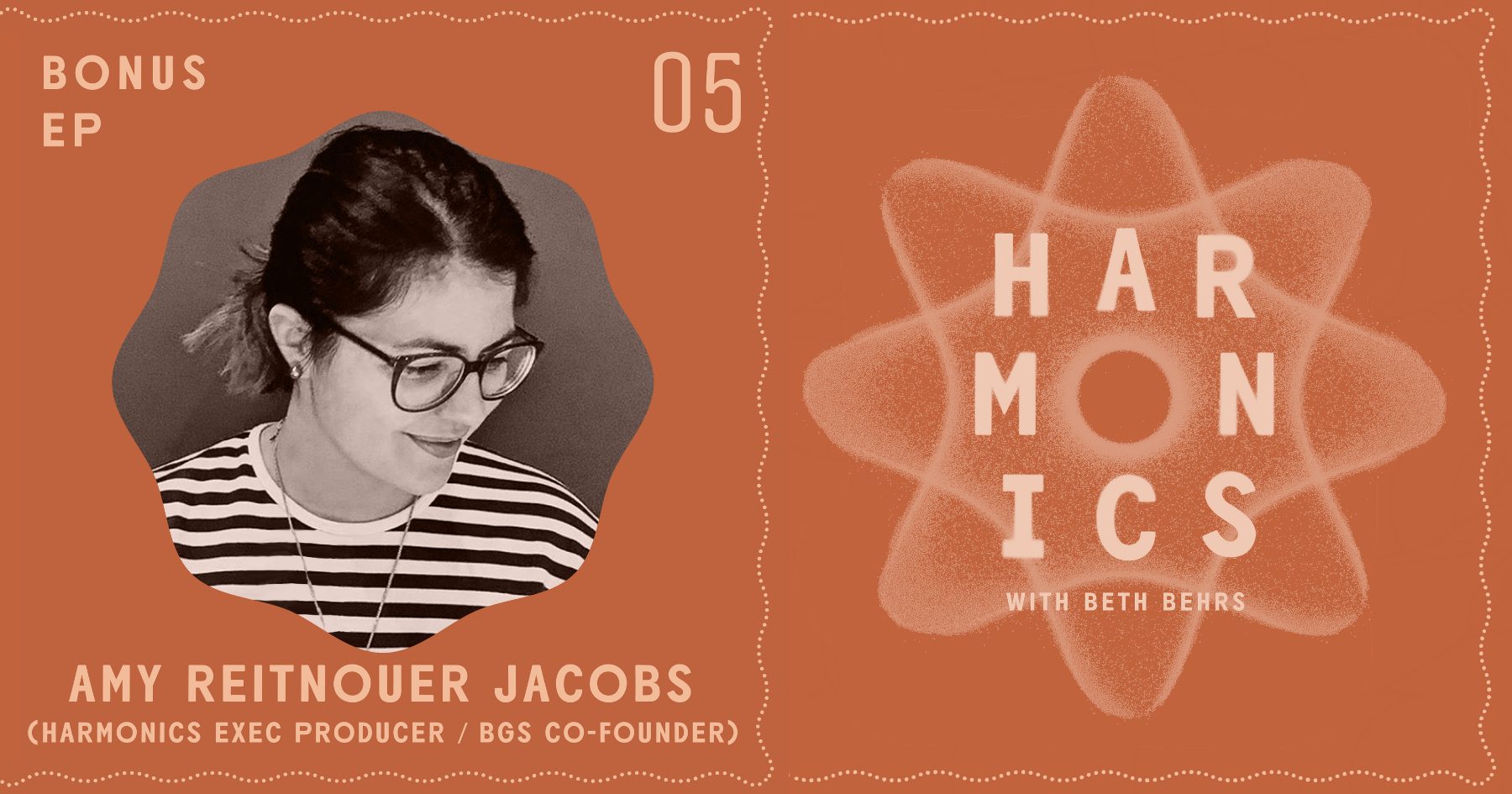Bidding farewell to May already? It seems impossible, but somehow we’ve quickly reached our final collection of premieres and new music for the month. You Gotta Hear This!
We’ve got bluegrass to get you moving this week, with North Carolina’s Balsam Range kicking us off with a dark and gritty story song of a shipwreck and the sea, “The Pacific,” their latest single dropping today. Then, prodigious young mandolinist Wyatt Ellis takes us from ocean to land with a classic, “Choo Choo Coming.” We’re sharing the brand new video for Ellis’ hit track.
There’s plenty more bluegrass to be enjoyed, too. Caroline Owens has just dropped a new music video for her March-released single, “You’ve Still Got It,” a song about the tight hold love can have on one’s heart and soul that highlights Owens’ bright, sparkling vocals. Plus, Kansas-based group MoonShroom take us into raucous, lovable jamgrass territory with “Somewhere On A Mountain” set to a fun and trippy lyric video. Exile – whether externally or self-imposed – sure can be enjoyable with the right soundtrack and a gorgeous view.
Don’t miss Maygen & the Birdwatcher included below, as well. Their brand new single, “Feel Good,” was released yesterday and will remind you of well executed country-string band-grass from artists like the Chicks, Darrell Scott, or Hailey Whitters. You’ll be feelin’ good, for sure.
For an alt-folk, indie-Americana counterpoint, singer-songwriter Jade Jackson shares “Pretending” in recognition of the conclusion of Mental Health Awareness Month. Brooding, vibey, and ravishing, Jackson’s beautiful voice cuts through the dark and stirring bed of sounds and synths before being joined by a broad, pocketed country-tinged back beat.
We hope you enjoy this week’s assemblage of excellent new music. You Gotta Hear This:
Balsam Range, “The Pacific”
Artist: Balsam Range
Hometown: Haywood County, North Carolina
Song: “The Pacific”
Release Date: May 30, 2025
In Their Words: “This song has everything I like. A great story, great melody and chord progressions, and a great delivery by Caleb and Don. Just a great song. It’s kind of a bluegrass version of ‘The Wreck of the Edmund Fitzgerald.’ This was a song that just seemed to musically fit everybody in the band all at once. Caleb especially has a real gift for a delivery on a song like this. The depth of story was really appealing, too – you could almost make a movie out of it.” – Tim Surrett
Track Credits:
Caleb Smith – Acoustic guitar, lead vocal
Tim Surrett – Bass, harmony vocal
Marc Pruett – Banjo
Don Rigsby – Fiddle, harmony vocal
Alan Bibey – Mandolin
Wyatt Ellis, “Choo Choo Coming”
Artist: Wyatt Ellis
Hometown: Maryville, Tennessee
Song: “Choo Choo Coming”
Release Date: May 16, 2025
Label: Knee High Records
In Their Words: “‘Choo Choo Coming’ was one of the first songs my band and I started playing together and it’s always had a certain kind of electricity to it – it just moves. We’ve played it live so many times, including during our first Grand Ole Opry band performance, and it never fails to light up the stage. It’s one of those songs Keith Whitley and Ralph Stanley used to tear into and I’ve always loved how raw and driving their versions was. That sound – gritty, tight, and right in the pocket – is what we’ve worked hard to capture as a band. When we sing together, I like to think we land somewhere between a freight train and a church choir barreling through the mountains. This single really shows who we are: young, rooted in tradition, but not afraid to push the tempo and let it roar. I’m proud of how far we’ve come and excited for folks to finally hear my band’s first recording. It’s the sound of where we started – and where we’re headed.” – Wyatt Ellis
Video Credits: Directed, filmed, and edited by Joseph Cash.
Styled by Bonny Mary Green.
Shot at the Tennessee Valley Railway, Hiwassee, Tennessee.
Jade Jackson, “Pretending”
Artist: Jade Jackson
Hometown: Santa Margarita, California
Song: “Pretending”
Release Date: May 30, 2025
Label: Jackson Star Records (Independent)
In Their Words: “‘Pretending’ was written during a season when I was going through the motions, but felt completely lost inside. It was meant for a record that never came out and, for a long time, I thought it might never be heard. I’m sharing it now, for Mental Health Awareness Month, in hopes it reaches someone who needs to feel less alone in what they’re carrying. Releasing it now feels like closing a chapter, so I can fully step into the new music I’ve been creating.” – Jade Jackson
Maygen & the Birdwatcher, “Feel Good”
Artist: Maygen & The Birdwatcher
Hometown: Minneapolis, Minnesota
Song: “Feel Good”
Release Date: May 29, 2025
Label: Yellow House Music Collective/Missing Piece Records
In Their Words: “Although we’re just now coming out with the studio recording of the song, ‘Feel Good’ is one that we’ve played live for a while now. It’s definitely one of my very favorite parts of our set, because it gets me right into the moment on the stage where it always ‘feels good’ to be.” – Maygen Lacey, vocals, acoustic guitar
“I’m really satisfied with how both Jesse’s mandolin and my banjo part line up/dance around Maygen’s vocal delivery throughout the song, especially on the line ‘mama’s cookin’ in the kitchen.’ Also props to Noah for the tasteful major 2 chord in the chorus. Chef’s kiss.” – Nik Pellinen, banjo
“I’d agree with what Nik said on ‘Feel Good.’ It’s really impressive how each instrument has a unique part yet still all feel like they’re pulling in the same direction! Also love that we got to include a little of our drummer Peter’s infectious laugh in the intro.” – Noah Neumann, acoustic guitar, background vocals
“To me, the song ‘Feel Good’ represents a lot in a Maygen & The Birdwatcher set, because it truly highlights the optimistic and empowering nature of the band in one single moment. It was an honor to be a part of capturing that feeling for the studio recording with such a stellar cast and crew.” – Joe Barron, bass
“I love the bluegrass feel in the chorus. I grew up listening to and playing bluegrass, so this makes the music along with the lyrics feel like home for me.” – Jesse Moravec, mandolin
MoonShroom, “Somewhere On A Mountain”
Artist: MoonShroom
Hometown: Kansas City, Kansas
Song: “Somewhere On a Mountain”
Album: Take a Trip
Release Date: May 30, 2025 (single); June 27, 2025 (album)
In Their Words: “No matter what walk of life you are in, everybody is on a journey of their own. The path to success is not always linear and, for most people, the road to where you want to be is riddled with hurdles, adversity, and setbacks. Sometimes you pour your heart and your soul into something, only to watch it crumble in an instant.
“I wrote ‘Somewhere On A Mountain’ amidst a past musical project of mine falling apart during the COVID pandemic. We had hit the road hard for five years building, only for it to end abruptly due to several factors out of our control. I felt like I had been climbing for years trying to reach an unknown peak, only to have the whole mountain give out from under me. Although it was unfortunate that the project had to come to an end, I realized that it was just a stepping stone leading to where I was headed. I learned a lot touring with my past band, but it was a lesson that sometimes your expectations are subverted and you have to rebuild.
“Ultimately, the universe had a weird way of shaking up my life in order to make way for the new. Now, I couldn’t be happier with the music we are creating with MoonShroom, and the progress we are making. I’m still somewhere on a mountain, just in it for the view.” – Jake Keegan
Track Credits:
Jake Keegan – Vocals, Dobro, songwriting
Lily B Moonflower – Harmony vocals, acoustic guitar
Colby Allen Walter – Harmony vocals, mandolin
Zach Bozeman – Upright bass
Staś Heaney – Fiddle
Nate Deel – Drums
Caroline Owens, “You’ve Still Got It”
Artist: Caroline Owens
Hometown: Denton, North Carolina
Song: “You’ve Still Got It”
Release Date: March 7, 2025
Label: Billy Blue Records
In Their Words: “‘You’ve Still Got It!’ This song, this video, this moment – what a true labor of love.
“I’m completely overjoyed and filled with gratitude for the support this song has received from the bluegrass community, and I’m so incredibly thankful for the help from our team at Billy Blue Records.
“From sunrise to sunset, every single detail of this video just fell right into place, and we can’t wait to share it with the world.” – Caroline Owens
Photo Credit: Jade Jackson by Lauren Farrah; Wyatt Ellis by Joseph Cash.



